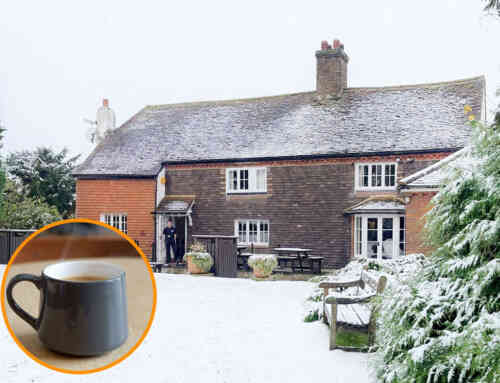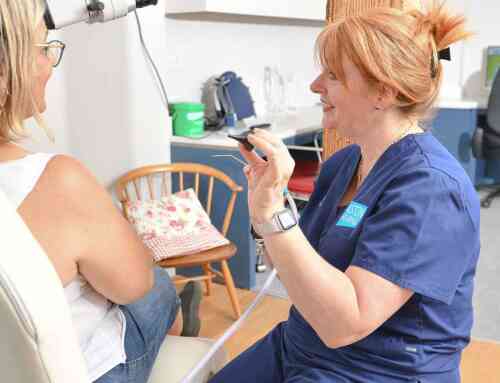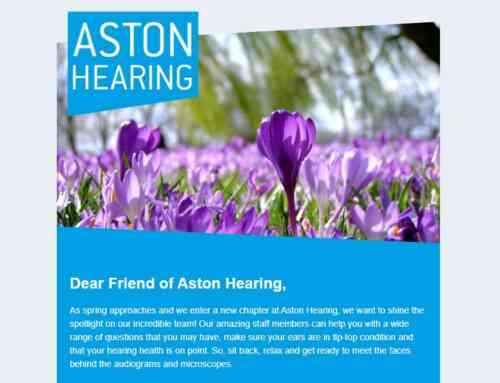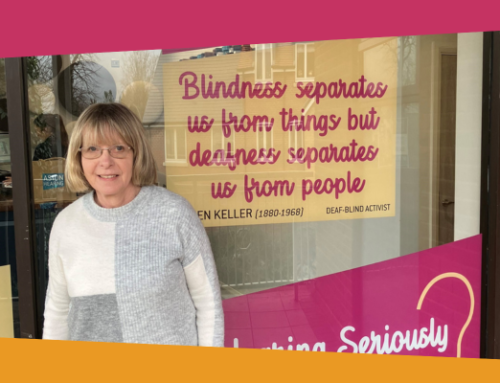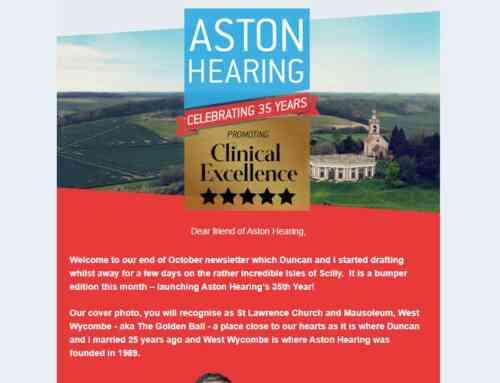Hearing loss is often a gradual process that creeps up on you as the years go by but for some people it can happen very suddenly and without warning. Let us introduce you to Des Gilmore who experienced hearing loss and how it affected his life and passion for travelling with classic cars.
“I was in the Royal Air Force for many years. In the early -mid 1990’s I noticed some distortion of sounds in my left ear and balance issues. This concerned me enough to get it checked through an ENT specialist who introduced me to ‘balance’ testing. This involved standing on one leg in a dark room with my eyes closed and lowering my arms. The intention was to measure when and in which direction I fell.
Then about 10 years later I woke up one morning with a very severe loss of hearing in my other ear.
Fortunately, my GP was on the ball and quickly arranged for an emergency ENT appointment at the John Radcliffe ENT unit in Oxford. The diagnosis was damage of the inner ear, notably nerve damage, and I was prescribed a course of medication and NHS hearing aids. The hearing did not recover in this ear which left me with about 30% hearing in my left ear only and I found the NHS aids were not up to the job.
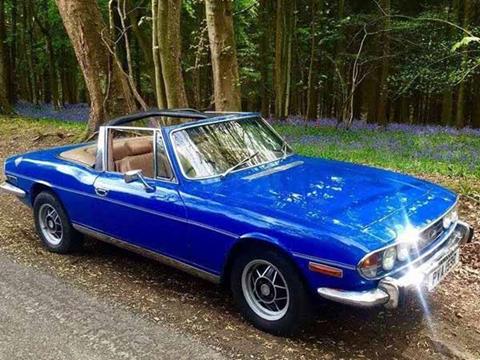
I have always been an active person and love travel and the great outdoors. I have a passion for classic cars and have owned a beautiful blue convertible sports car for 38 years. Together my wife and I have travelled far and wide on classic car rallies across the UK, and Europe, but my hearing loss was affecting the whole experience. No longer were we able to have a conversation as we drove on the open road – the wind noise meant I could not hear my wife at all – and all the pleasure of the road trip was lost. One occasion we drove from Turin to Calais in silence -a miserable experience for us both.
I happened to attend the Kop Hill classic cars festival one year and met Mr. Duncan Collet-Fenson, audiologist and MD of Aston Hearing, and we got chatting about this very problem. This is where it gets interesting because here at last was an expert professional who understood the problem. I was recommended to try a better hearing aid, funded privately through a grant for ex-military personnel with Duncan’s help. The aid was a Cros aid which directed all sound from the deaf ear into an aid in my hearing ear but it didn’t solve the issue of wind noise which took over at speeds above 20mph.
I sought advice from a sound studio who suggested what was needed was a unidirectional microphone embedded in a special tube to be aimed at the person speaking. This should help me to hear my passenger’s speech over wind noise.
At the same time Duncan introduced me to his colleague Paula and we have been consulting with Starkey hearing aid manufacturer to customise a clip-on microphone of the type recommended. This is ongoing and is a work in progress, but I remain positive for a successful outcome.
So, what have I learned along the way? Firstly, seek help. Hearing is a sense we all take for granted until it goes wrong. By help I mean an ENT specialist to diagnose the medical problem and an audiologist who will help you find a way to live with hearing loss. Your audiologist is key – they will become like a good friend who listens and understands the challenges that hearing loss brings. They will support you on your journey to adjust to hearing aids and find solutions that will fit your very individual lifestyle. Hearing aids are not a quick fix like reading glasses, they take time, patience and understanding as the brain adjusts to a new way of hearing.
We are all unique and have different passions and lifestyles and different hearing losses and no one single hearing aid will suit everyone. In Paula and Duncan, I have allies who are striving to achieve the best possible solution for me so that once again I can enjoy a road trip with proper conversation and put the fun back into our travels again.”

